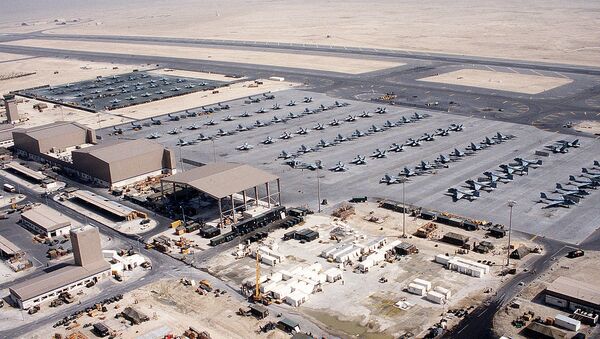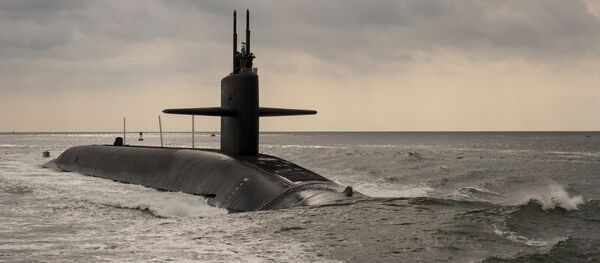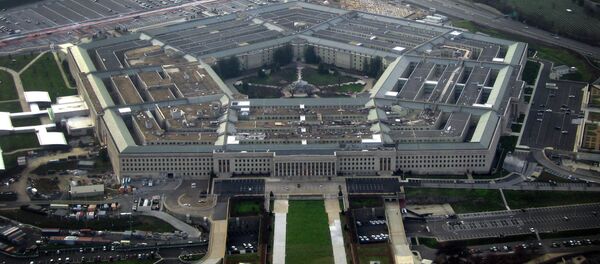In his article, published in popular Austrian news blog Neopresse, Schlereth suggested that if in Russia, corruption and bribery generally have a 'bottom-up' nature, in the US, it is a phenomenon which is inherent to the highest levels of political power.
Some estimates, the Schlereth notes, "suggest that the United States is less corrupt than Russia." But in reality, the journalist suggests, Washington is just able to hide its own corruption better than the Russians. The fundamental difference, the journalist suggests, is that "in the US, corruption is more concentrated at the top, whereas in Russia, it comes from below."
Furthermore, "with regard to corruption in expenditures for the military," the journalist argues, "the scale of corruption in the US is simply gigantic, and certainly far worse than it is in Russia." A May 2014 headline by official US DOD organ Stars and Stripes is telling, Schlereth says, with its suggestion that 'Decades later, military still unable to account for its spending'.
"Nearly three decades after US taxpayers gasped over $640 toilet seats and other Cold War military waste, the Department of Defense remains the last federal department still unable to conduct a financial audit despite laws passed in the 1990s that require the accounting," Stars and Stripes then commented.
"In other words," Schlereth notes, "the US military has turned into a black hole, into which billions of taxpayer dollars have disappeared, without any clear evidence on how, when, and to whom the money went."
Many of these companies, the journalist warned, have concentrated so much power that they have access to the White House, able to influence the president on how much military aid to give country x, or when and when not to go to war. And the Supreme Court's recent decision, via Citizens United, allowing unlimited campaign contributions from corporations and organizations, "has only greased the process further along."
"Russia's system of military spending," Schlereth suggests, "is the diametric opposite of America's. While the United States has privatized their military industry, in Russia it is in state hands. All profits from arms sales go to the Russian government, not to the makers or the multinationals. The arms manufacturers are [effectively] part of the government."
"Just like in the US, there are is no financial accounting of their operations, but there are financial reports reviewed each year by the defense minister and, moreover, by the president and the prime minister –i.e. by people who are responsible to the electorate, and not only to the aristocracy of large shareholders."
Ultimately, Schlereth says, "Russia receives much more for its military rubles –that's for sure. And as the White House increasingly attempts to strangle Russia, not only economically but militarily as well, this overlooked component of America's huge corruption comes more and more into the spotlight, unlike the financial operations behind it."





